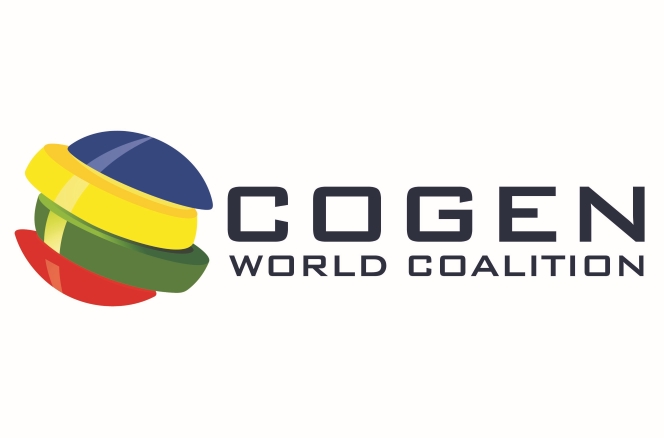In the context of the ongoing discussions at COP28 in the United Arab Emirates, the COGEN World Coalition (CWC), which represents major players in cogeneration (also known as combined heat and power or CHP), is calling on political leaders and governments around the world to take full advantage of the opportunities offered by cogeneration technologies that can contribute immensely to more efficient, resilient, decentralised and decarbonised energy systems. Cogeneration can meet the energy needs of households and businesses whilst also supporting the uptake of renewable and low-carbon energy sources and delivering rapid reductions in greenhouse gas emissions.
Building on its Vision Statement (as presented on 10 May 2022), the COGEN World Coalition (CWC) has updated its Position Paper (Combining Heat and Power for an Ambitious Path to Net-zero Emissions) that is addressed to the political leaders attending the United Nations’ Climate Change Conference (COP28), which is currently being held in the United Arab Emirates (UAE). The CWC has recently been admitted to the UNFCCC* process as an observer organisation.
The COGEN World Coalition is calling on world leaders to:
- Accelerate and step-up ambition to reach net-zero emissions as quickly and cost-effectively as possible;
- Facilitate financing on a massive scale for the most efficient and least emitting solutions;
- Support the development of future-proof, integrated and decentralised energy systems, maximising the use of all clean and efficient technologies;
- Ensure access to reliable, efficient and affordable clean energy for all households and businesses, so that no one is left behind;
- Empower energy consumers to produce their own clean power and heat, from individual homes to large buildings, from small businesses to major industries, from remote areas to densely populated cities.
The President of CWC, Thomas Smith, stated: “Cogeneration, also known as combined heat and power (CHP), has a central role to play in making the most efficient use of fuels like biogas and hydrogen, complementing intermittent energy sources such as solar and wind, and helping to match supply and demand – not just for electricity but also for heating and cooling – 365 days per year. Various cogeneration technologies are available to meet the energy needs of residential and other buildings such as schools, hospitals and hotels, as well as district heating and cooling (DHC) networks and industries that require a lot of heating or cooling capacity..”
According to CWC’s Executive Director, Hans Korteweg: “Policymakers around the world need to understand that achieving Net Zero emissions will require an ambitious and flexible approach that brings together different technologies and solutions including solar and wind, heat pumps and electric vehicles, renewable fuels and clean hydrogen, as well as energy storage and carbon capture. We need to be accelerating the development and deployment of decentralised and integrated energy systems that make the best use of local energy resources, in order to deliver rapid reductions in greenhouse gas emissions whilst also ensuring system resilience and reliably meeting the energy needs of households, communities and businesses.”
Read the CWC Position Paper: Combining Heat and Power for an Ambitious Path to Net-zero Emissions (2nd Edition – December 2023)
The CWC will present the main findings of its 2nd Global Cogeneration Market Report during a special webinar on Monday, 18 December 2023. Participation is free of charge, and anyone with an interest in energy is welcome to attend. For more information, please see the event page.
* UNFCCC = United Nations Framework Convention on Climate Change
Published: 7 December 2023

Recent Comments